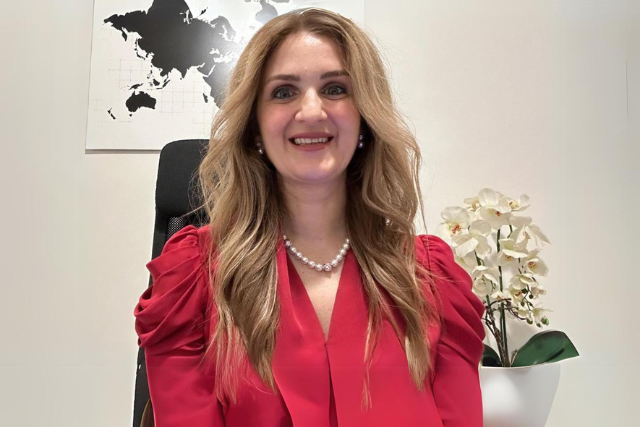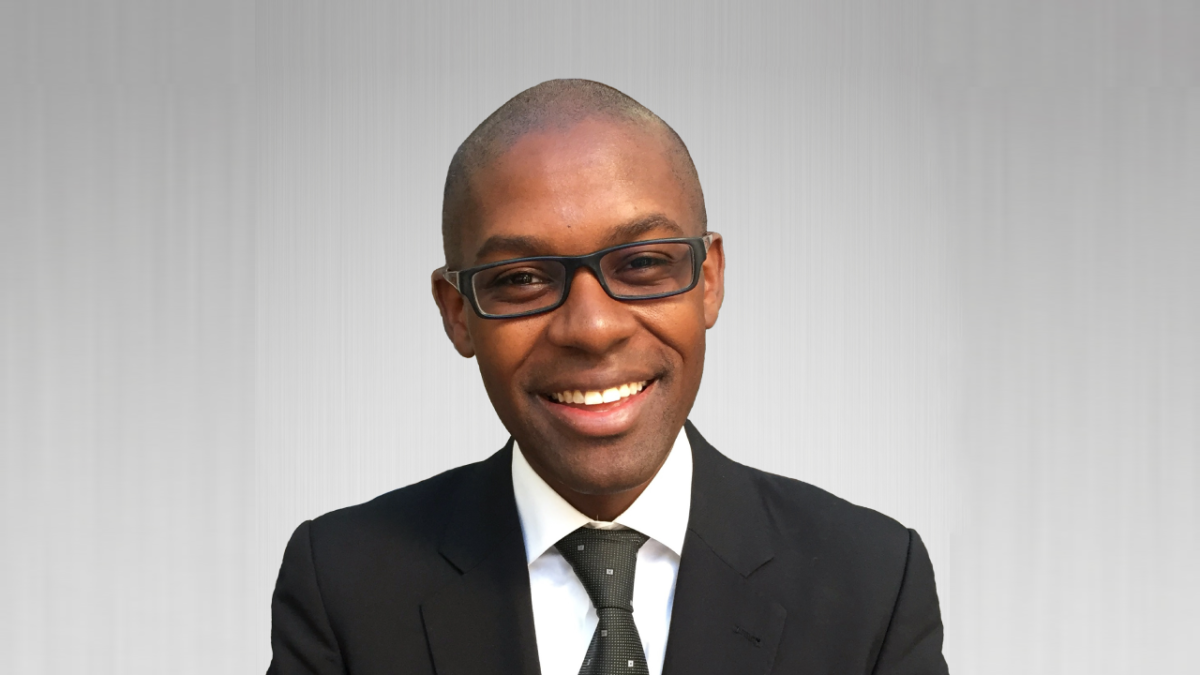After moving to Canada five years ago with a career in media training, Randa Bassil still found it challenging to land a job. After multiple rejections, she transformed her existing skills into a powerful speech training program, helping all the newcomers and job seekers in Canada excel in interviews and public speaking. With Speak Prep individuals build the confidence and techniques needed to succeed in the current job market.
In an interview with The Edge, she shared her story of resilience and making an impact.
Tell us about what inspired you to start Speak Prep after moving to Canada.
I was excited to relaunch my career as a communications professional and one afternoon I was scrolling through my emails, looking for a response from an organization that I had interviewed with. I was confident that years of international experience would open doors for me but when the email arrived, I had not been selected and it wasn’t the first time this happened, so I had to rethink my approach.
I don’t think I applied my teachings to myself till now. I realized if I’m facing this, then there are others too. They could be newcomers and job seekers, needing support with confidence building or interview prepping. So, I decided to put my 10 years of coaching to work, and this is when I started Speak Prep.
How do you make sure that everybody gets the right training?
Each newcomer in Canada has a unique story, and our workshops are tailored to individual backgrounds & goals. We have intake sessions before we start the training, with our focus being the practical experience. So, we do mock interviews, resume building, and networking which is the most important skill. The unique offering here is the personalized feedback they get, and my clients say that I create a safe space for them to grow, without offering any kind of judgmental feedback.
Can you walk us through the process from onboarding an individual to deciding what kind of training they need?
The first thing I do is schedule an introductory call to understand their needs. It’s short and free, and I give them a list of skills they might be looking to build. I ask them to rate those skills according to their priority. For example, they could rate public speaking or confidence building as their top need.
Based on that, I will send recommendations on what we should cover during our training. I make sure that there are not a lot of sessions. We do a few sessions and evaluate if we touched on what they needed. If an organization reaches out to me to do a workshop, I try to understand the needs of the whole group and ensure that the session is interactive and there is room for questions and exercises.
Is the initial fear of judgment the biggest challenge you face?
It’s a common challenge. When it comes to job seekers, they want me to help them navigate difficult questions such as ‘Tell me about yourself’. You have so much you want to share in such little time, and many feel that they need to speak in high-level language and sound sophisticated. In this case, I tell them plain language is the accepted language now. When we consider accessibility, we should use content that is short, concise, and everyone can understand. We need to be talking at the level of an eighth grader.
How do you make sure that you are keeping up with the times in terms of your training?
It is important to stay up to date when it comes to communication trends. I keep up by subscribing to communications newsletters and I follow some groups on LinkedIn. Especially when I have something upcoming, I want to make sure it’s still relevant. It is also important to network with other professionals so we can share insights and experiences.
And I think practice is very important. I will ask my clients to rewrite a paragraph in plain language and if they’re home, I ask them to practice in front of the mirror or present in front of the friend they trust and record.
What does the future look like for Speak Prep? Where do you want to take it?
When I started Speak Prep, it was a one-person show. Now, I’m very grateful to have found people who believe in me and my mission. I have an associate Richard Lando, who’s a renowned communications professional in Canada. He’s a trainer, interfaith dialogue expert, and a whole lot more. I also have three affiliate trainers. This is what I’m hoping to grow, to bring in more trainers, expand our training sessions, and make sure we are covering every field that people might need help with.
Pragya Bisen | Contributing Writer




















